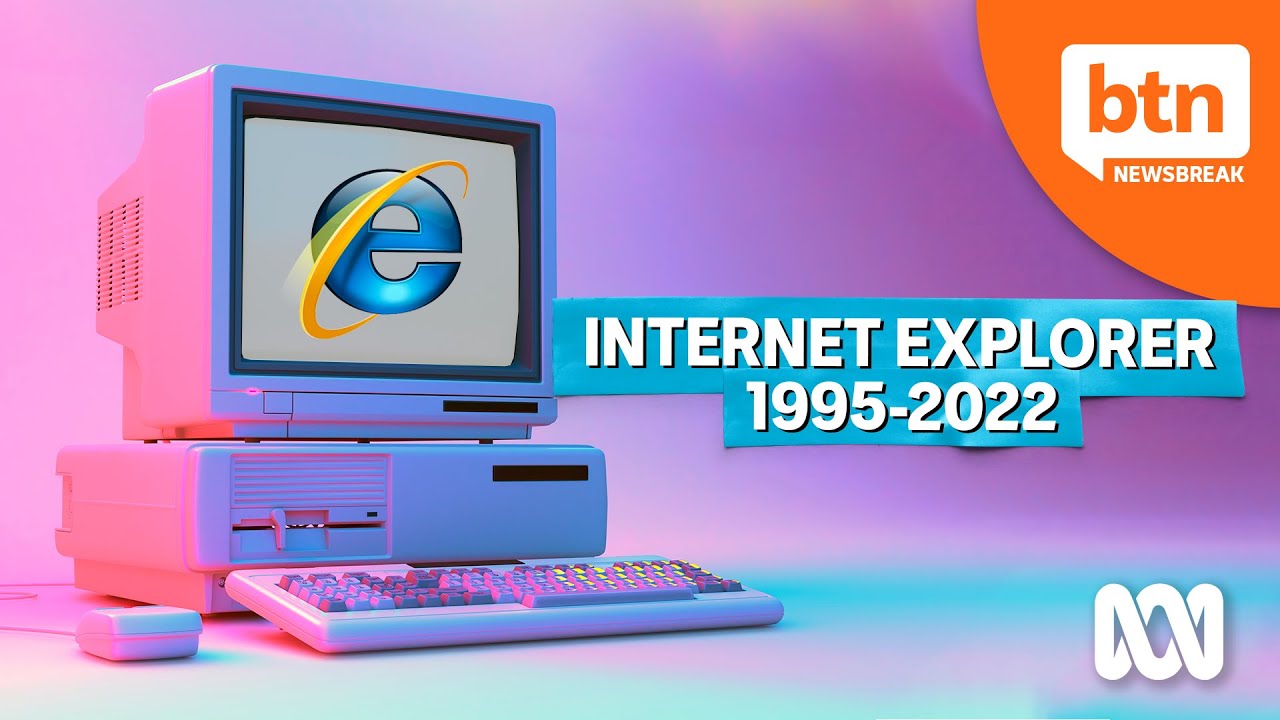The digital entertainment landscape is a battlefield, constantly reshaped by shifting consumer habits and the relentless march of technology. In a recent, rather quiet, maneuver, tech titan Microsoft has officially closed the curtains on its digital movie and TV show store, a service that has been a fixture on Windows PCs and Xbox consoles for a remarkable 13 years. As of July 18, users can no longer purchase or rent new content through the Microsoft Movies & TV service, marking the end of an era for the platform.
This strategic retreat, announced subtly on Microsoft`s official channels, underscores the harsh realities of a market utterly dominated by specialized streaming giants. While Microsoft didn`t explicitly detail the “why” behind this decision, the implication is clear: why compete in a highly saturated arena when your customers have a plethora of dedicated options at their fingertips? The company itself pointed users towards alternatives like Netflix, Apple TV, and Amazon Prime Video – effectively conceding the field to the reigning champions.
What Does This Mean for Your Digital Collection?
For many, the first question is, “What about my purchased movies and shows?” Microsoft has provided a reassuring answer: existing libraries will remain fully accessible. This means that every film or series you`ve previously bought or rented (and not yet expired) will still be available for streaming and, for Windows users, even downloadable in HD. It`s a small comfort, perhaps, but an important one that prevents widespread panic among digital content hoarders. You just won`t be adding any new titles to that particular digital shelf.
The service, initially launched in 2012 as “Xbox Video,” later rebranded to “Microsoft Movies & TV,” was an early attempt by the software giant to carve out a niche in the burgeoning digital content distribution space. For over a decade, it served as a convenient, albeit often overlooked, portal for users to access the latest cinematic releases and television series directly through their preferred Microsoft devices. It was a digital Blockbuster for the Windows generation, offering à la carte content in an increasingly subscription-driven world.
The Streaming Wars: A Tale of Dominance
Microsoft`s exit from this segment is hardly surprising. The past decade has witnessed an explosion of dedicated streaming services, each vying for eyeballs and subscription dollars. From Netflix`s pioneering push to Disney+`s rapid ascent, and the deep pockets of Amazon Prime Video and Apple TV+, the competition is fierce. These platforms not only offer vast libraries but also invest billions in original content, creating exclusive ecosystems that are hard for a generalist platform to replicate or compete with effectively.
For Microsoft, a company increasingly focused on its Xbox Game Pass ecosystem, cloud services, and core software offerings, maintaining a comparatively small digital movie store likely became an unnecessary overhead. It`s a classic case of resource allocation: why pour effort into a battle you`re unlikely to win when you have other, more strategic fronts to conquer? This move aligns with a broader industry trend where companies are specializing and consolidating their efforts.
A Quiet End to a Digital Chapter
The closure of Microsoft Movies & TV serves as a poignant reminder of the relentless evolution of digital media consumption. What was once a promising venture has, over time, become a relic of a different era, overshadowed by more agile and dedicated competitors. While it may not send shockwaves through the industry, it quietly marks the end of a chapter for Microsoft in the direct-to-consumer digital video sales market. Users will adapt, as they always do, simply shifting their purchasing and viewing habits to the platforms that have demonstrably won the digital entertainment war. And perhaps, that`s just good business.

